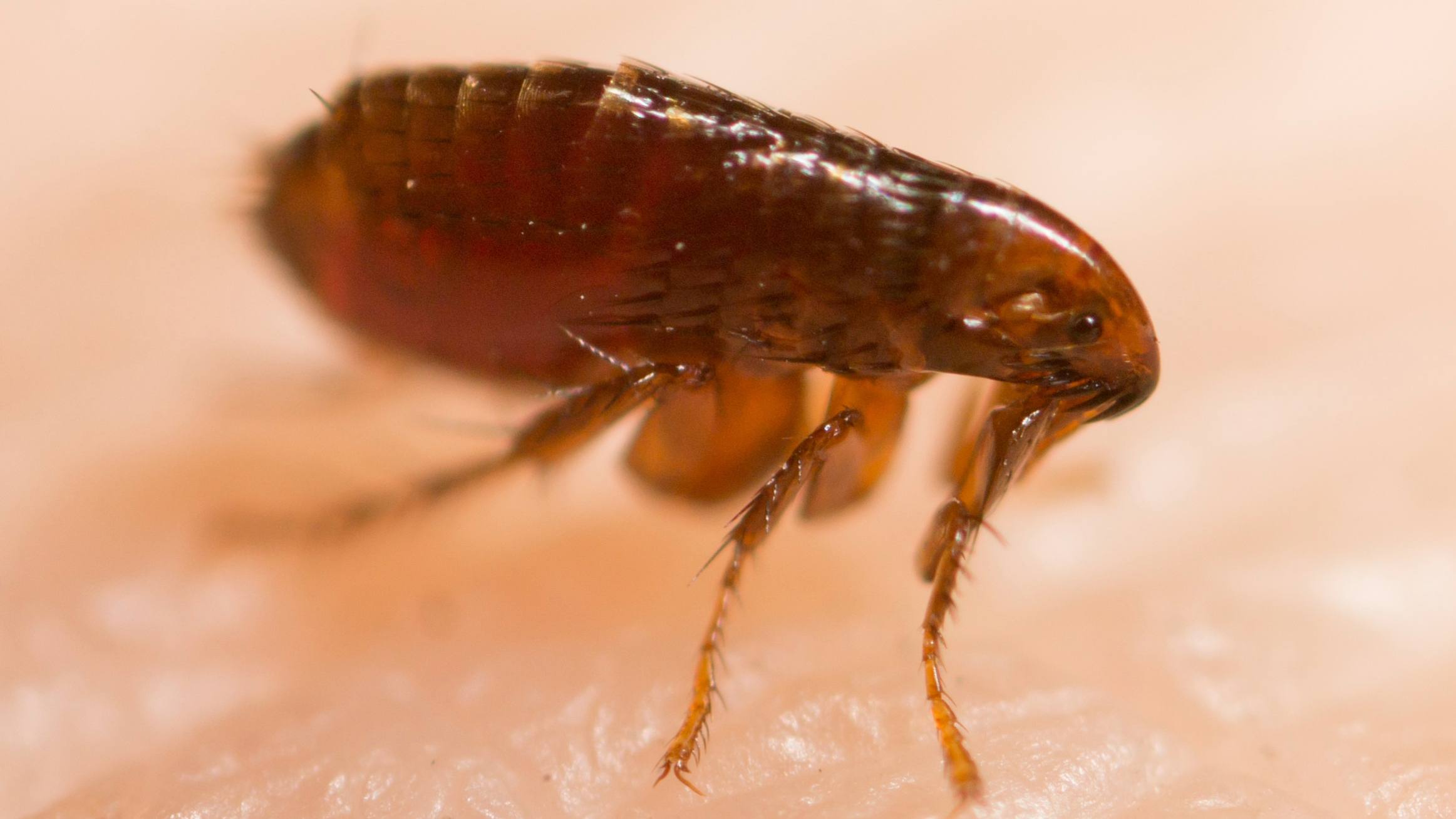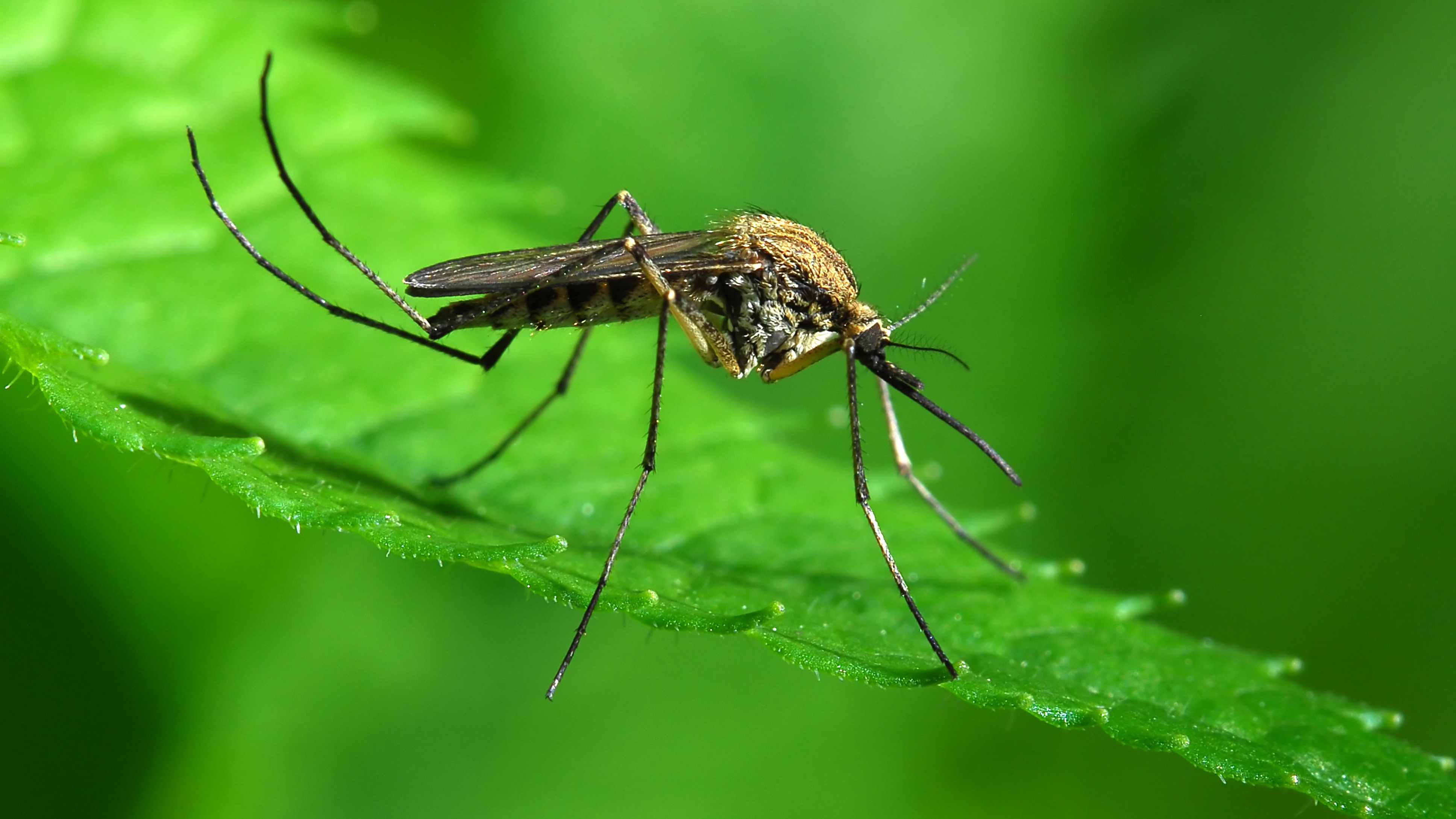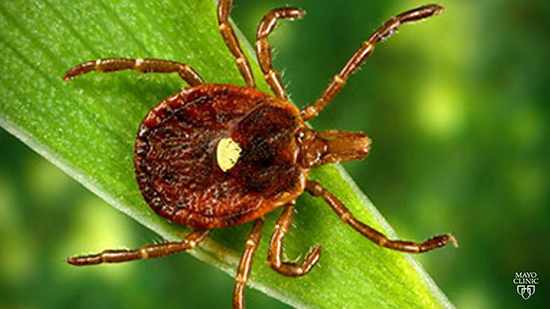 Illnesses caused by disease-infected ticks, mosquitoes and fleas have tripled in the U.S. in recent years, according to a new report from the Centers for Disease Control and Prevention (CDC). Lyme disease is the most common illness attributed to ticks.
Illnesses caused by disease-infected ticks, mosquitoes and fleas have tripled in the U.S. in recent years, according to a new report from the Centers for Disease Control and Prevention (CDC). Lyme disease is the most common illness attributed to ticks.
"It's the most common vector-borne disease in the Northern Hemisphere and in North America, in the U.S. specifically," says Dr. Bobbi Pritt, a parasitic diseases expert at Mayo Clinic. “By vector-borne, we mean something that can transmit an infectious organism, be it a bacterium, a virus or a parasite, to a human. Lyme disease is caused by Borrelia burgdorferi. It's also caused by Borrelia mayonii which we helped to identify here at Mayo Clinic. It is one of our big concerns, but it’s not the only concern."
"There are other tick-borne diseases like anaplasmosis, babesiosis, Powassan virus, Borrelia miyamotoi infection, and those are just diseases transmitted by the blacklegged tick, formerly known as the deer tick," says Dr. Pritt. "We have other ticks that will transmit the disease-causing agents of ehrlichiosis. Now, there are new viruses such as Bourbon virus and Heartland virus. And there is also Rocky Mountain spotted fever." Mosquitoes led to Zika and chikungunya outbreaks in the U.S. for the first time. Mosquitoes are also responsible for transmitting a host of other viruses including Jamestown Canyon virus, Saint Louis encephalitis, dengue fever, and West Nile virus. Dr. Pritt says West Nile virus “swept through the U. S. back in the ‘90s, and now is found throughout the U.S., transmitted by a number of different types of mosquitoes but specifically by one called Culex mosquitoes. In many people, it can be completely asymptomatic or maybe cause just a mild illness, but in some patients, it can cause a swelling of the brain and spinal cord. And it can be very serious, if not fatal."
Mosquitoes led to Zika and chikungunya outbreaks in the U.S. for the first time. Mosquitoes are also responsible for transmitting a host of other viruses including Jamestown Canyon virus, Saint Louis encephalitis, dengue fever, and West Nile virus. Dr. Pritt says West Nile virus “swept through the U. S. back in the ‘90s, and now is found throughout the U.S., transmitted by a number of different types of mosquitoes but specifically by one called Culex mosquitoes. In many people, it can be completely asymptomatic or maybe cause just a mild illness, but in some patients, it can cause a swelling of the brain and spinal cord. And it can be very serious, if not fatal."
Cases of bubonic plague are less common in the U.S.; however, the CDC says human plague infections continue to occur in western parts of the U.S. Plague is caused by the bacteria Yersinia pestis, which often is found in rodents and their fleas.
Watch: Dr. Bobbi Pritt discusses an increase in vector-borne illnesses.
Journalists: Broadcast-quality sound bites are in the downloads.
Reasons for the increase
"There are a number of reasons for the increase in more of these diseases transmitted by ticks, mosquitoes and fleas," says Dr. Pritt. "Some of it has to do with weather; it also might be habitat."
"For example, we have a lot of deer, and the deer right now love our habitat that we have provided for them – our second-growth forests," says Dr. Pritt says. "Instead of clearing fields for agriculture, for example, we have small groups of trees, little areas of second-growth forest in-between houses. That’s a great environment for deer and for rodents, and those happen to be hosts for ticks. So, it has to do with the hosts in nature, and by that, I mean the animals that the ticks feed on. It has to do with the weather, their survival."
"It also has to do with human behavior," says Dr. Pritt. "If we go out into the woods and go hiking, we’re putting ourselves at potential risk, and that’s something that we all like to do is go out and enjoy nature, which we should, and we should continue to do so. We just need to do it in a safe way." Don't panic: be safe
Don't panic: be safe
"I would tell parents not to panic, to take things into perspective. The diseases and the risks are out there, they are real, but there are things that are easily done to prevent tick bites and mosquito bites and thereby preventing disease. By all means, sign your kid up for that little league game, but make sure that if your children are outdoors and might get bitten by mosquitoes, for example, while on the ballfield, then they should have an insect or a tick repellent on them. If they’re going to be hiking through the woods, again, maybe have them tuck their pants into their socks. Do a tick check when they come in from the great outdoors. Make sure they don’t have any ticks attached to them," says Dr. Pritt.
Educate yourself
Dr. Pritt suggests parents educate themselves about what diseases are common to their area and to learn the signs and symptoms of vector-borne illnesses. "If their child comes down with a fever in the summertime, for example, that’s a sign of a possible tick-borne disease or a mosquito-borne disease, and then they can bring their child to the doctor."
Tips to protect yourself from ticks and mosquitoes
Protect yourself from ticks and mosquitoes by following these tips:
- Avoid areas where ticks and mosquitoes live.
- Use repellent with 30 percent or more of DEET.
- Wear clothing to cover arms and legs.
- Tuck pants into socks while hiking.
Related post:







